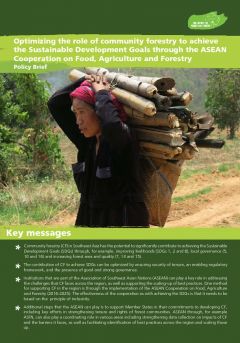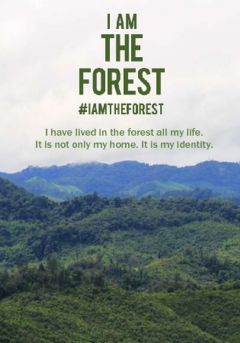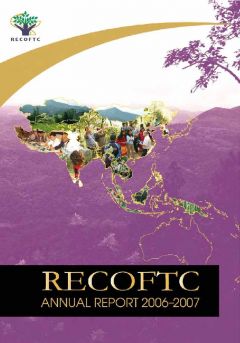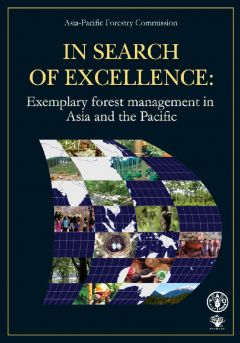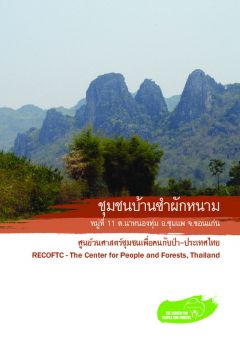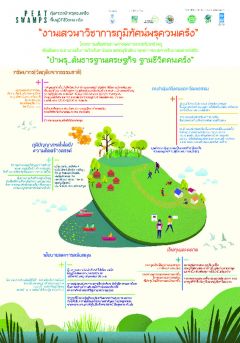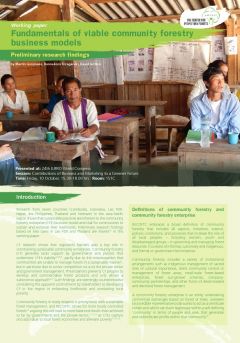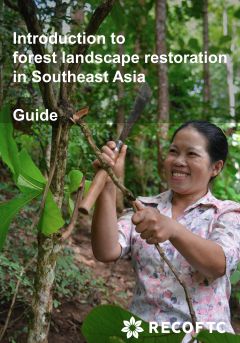Gender and Community Forests in a Changing Landscape: Lessons From Ban Thung Yao, Thailand
In the dynamic socio-demographic contexts of the world’s forests and their users, climate change, including climate change mechanisms such as Reducing Emission from Deforestation and Forest Degradation (REDD+), along with energy and food security issues, have brought emerging challenges for women and men in adopting new roles in resource management. Consequently, a renewed focus on the world’s forests and their users is warranted.


